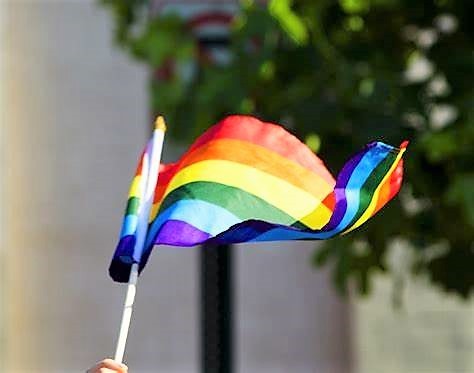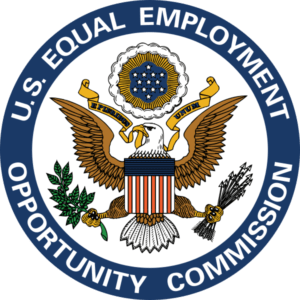In March 2016, the U.S. Equal Employment Opportunity Commission filed its first ever Title VII sex discrimination lawsuits against private employers based on sexual orientation. The long-anticipated lawsuits were part of a major effort by the EEOC to break new ground regarding sexual orientation discrimination in the workplace.
Groundbreaking Title VII LGBTQ discrimination cases
Title VII of the Civil Rights Act of 1964 prohibits employment discrimination on the basis of “race, color, religion, sex, or national origin.” 42 U.S.C. § 2000e-2. One does not have to be an especially careful reader to notice that “sexual orientation” is not explicitly listed as one of those protected categories. For many years, however, LGBTQ employees tried unsuccessfully to bring sexual orientation discrimination claims using Title VII’s ban on “sex” discrimination. Federal courts traditionally rejected these cases.
Then, in 2015, the EEOC began taking the public position that Title VII’s ban on “sex” discrimination includes a ban on “sexual orientation” discrimination. The EEOC put that interpretation to the test in two cases in 2016.
In the first, the EEOC alleged that Scott Medical Health Center in Pittsburgh subjected a gay employee to harassment because of his sexual orientation. In the second, the EEOC sued IFCO Systems in Maryland, claiming that a supervisor harassed a lesbian employee because of her sexual orientation. According to the suit, the supervisor made repeated comments about the employee’s orientation and appearance, including “I want to turn you back into a woman.” The employee complained to management, and the company fired her just a few days later.
The law regarding sexual orientation discrimination in the workplace
 Before these two cases, LGBTQ employees were not completely without workplace discrimination protections, as we’ve previously written about. But the avenues for relief were fairly limited.
Before these two cases, LGBTQ employees were not completely without workplace discrimination protections, as we’ve previously written about. But the avenues for relief were fairly limited.
For instance, the Equal Protection Clause of the Fourteenth Amendment protected public-sector employees from sexual orientation discrimination in the workplace. A 2011 federal case in Cleveland was one of the first to reach that conclusion.
In the private sector, protections for LGBTQ employees were traditionally more limited. One avenue that found success was what’s called a “sex stereotyping” claim. In 1989, the U.S. Supreme Court held in a case called Price Waterhouse Coopers v. Hopkins that Title VII’s ban on “sex” discrimination prohibits employers from discriminating against employees because they fail to conform to the traditional gender norms for their biological sex. Based on that holding, some LGBTQ employees successfully pursued claims that they suffered workplace discrimination because their appearance, mannerisms, or dress was either not “masculine” enough or not “feminine” enough in the eyes of their employers. Many of those cases involved transgender employees, including an important case from Ohio called Smith v. City of Salem.
Federal cases on sexual orientation discrimination in the workplace
In a nutshell, the EEOC’s argument in the 2016 test cases was that sexual orientation as a concept cannot be understood without reference to sex. Over the ensuing years, a few federal courts of appeals began to accept the EEOC’s interpretation and hold that Title VII prohibits sexual orientation discrimination in employment. The most significant of these cases were Hively v. Ivy Tech in the U.S. Court of Appeals for the Seventh Circuit and Zarda v. Altitude Express, Inc. in the Second Circuit. Despite these victories, many legal scholars doubted that a conservative U.S. Supreme Court would follow suit.
Then, in 2020, the Supreme Court surprised many by agreeing with the EEOC’s interpretation in Bostock v. Clayton County, Georgia. In a landmark 6-3 decision, the Supreme Court held that Title VII does indeed protect LGBTQ employees from sexual orientation discrimination.
For a long time, LGBTQ employees had extremely limited protections from workplace discrimination. But no longer. If your employer has discriminated against you, talk to an employment law and vindicate your rights.



Leave a Reply